When I first started looking into making my own soaps, I could not figure out where I could buy this thing called essential oils. I knew nothing about essential oil safety or the difference between essential oils and fragrance oils.
I finally ended up at a large craft store and came upon an isle for candle making that had a large set of oils to choose from. I was excited. You can find almost any smell imaginable in a fragrance oil. And they are super potent.
But, something didn’t sit right. What are the differences between these oils?
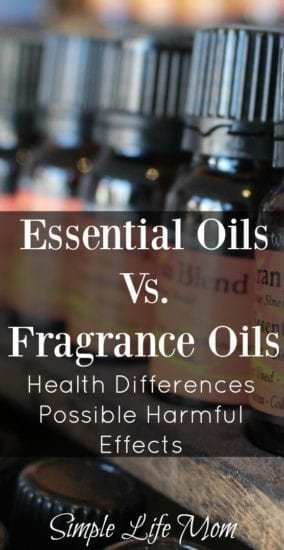
I have learned a lot over the years and have put together a Essential Oil Safety vs. Fragrance oils article to help others searching for answers.
How are they making all these great smells in these little bottles of oil?
Fragrance or Perfume Oils
This topic is very controversial. I will say right off that from my own research I am not happy with the disclosure or ingredients found in fragrance or perfume oils. The USDA Food and Drug Administration has allowed fragrance oil makers to keep their ingredients a secret so that their formulas remain private. Here is a copy of one label description:
Fragrance compound: a multi-component mixture of fragrance ingredients. Specific chemical identities of the ingredients not listed herein are considered to be Trade Secrets by the producer and are withheld in accordance with the provisions of 1910.1200 of Title 29 of the U.S. Code of Federal Regulations. (http://www.makingcosmetics.com/msds1/msds-fragrance-mangosteen.pdf)
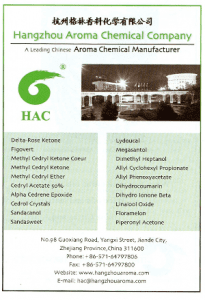
Steve Herman in his article in the 2010 Fragrance and Perfumery states that the International Fragrance Association is in charge of testing these fragrances and perfumes. Within the average fragrance, there are 14 secret chemicals! Yet, here is a copy of one Chinese company’s ingredients
We do know that these various mysterious chemicals are put in carrier oils such as soy oil (GMO), mineral oil (petroleum based), or synthetic propylene glycol. Many of the mysterious chemicals are: various alcohols, aldehydes, esters, amines, ethers, ketones, lactones, terpenes and thiones. In this day and age, it doesn’t take too long to find some reputable sources to explain these ingredients scientifically. Most are made from carbon bonded with hydrogen, oxygen, or other molecules that have been manipulated in some way or another. That is not inherently bad. The problem is when we do not know exactly which elements, compounds, or molecules are used and in what way they are processed. This is where the danger comes in. So if you read a fragrance company’s statement that their product is natural and similar to essential oils, then you need to push for more….and they won’t give it. Is the aldehyde in its simplest form (formaldehyde)? Is the product mainly made of petroleum?
It is not healthy to put all of these chemicals onto the largest organ in our bodies. Companies exist to create money. I believe that is great. Capitalism, not socialism, is the way to go. But people need to remember that to these companies money comes first, not our health. And when many large company owners become head hanchos in the FDA, it kinda makes you wonder. Also, the idea that little amounts of harsh chemicals won’t hurt us does not take into account that we do not get exposure from that one product. We get constant exposure from food, air, furniture, etc. etc.
Essential Oil Safety
So, the question is, why risk it when there are oils out there that are directly plant based with wholesome extraction processes?
Essential oils are made from leaf, bark, flower, seed, or root oils. They should be extracted through steam distillation or compression, not solvent extraction.
There are many rules good companies will follow, such as when to harvest and how. In the end, we are presented with oils that are not just wholesome, but when used properly are extremely healthy.
If essential oils are healthy, then why should they only be used carefully?
Essential oils are potent. Many must be diluted or they could burn your skin. They can also effect your different internal systems in a powerful way when applied to the skin or even inhaled. For example, when I was just learning about essential oils I breathed in cloves essential oils to kill the bacteria from the cough I was coming down with. It worked great! I got well so quickly. Problem is, it messed up my…womanly cycle within hours!! I realized that I needed to do a lot more research.
Great thing is, there are some great resources out there to learn more about essential oils so you can use them to cure cold sores, acne, upset stomachs, headaches, sinus infections, joint pain, and on and on. I was skeptical at first, but I have seen over and over again the great effects.
Get in depth information about how essential oils are processed and how to use them safely here: Essential Oil Safety: How to NOT Use Essential Oils



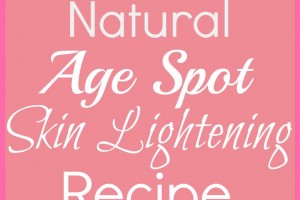
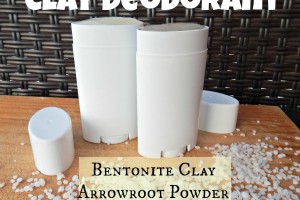
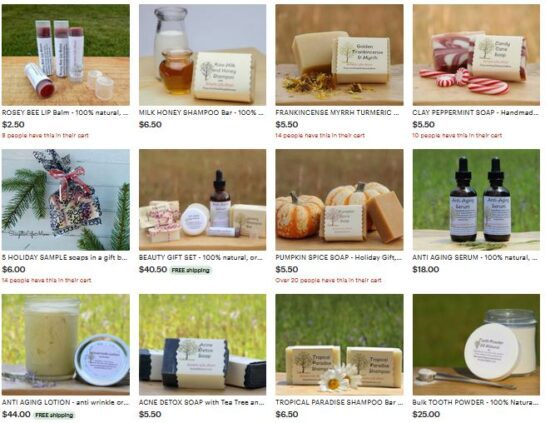
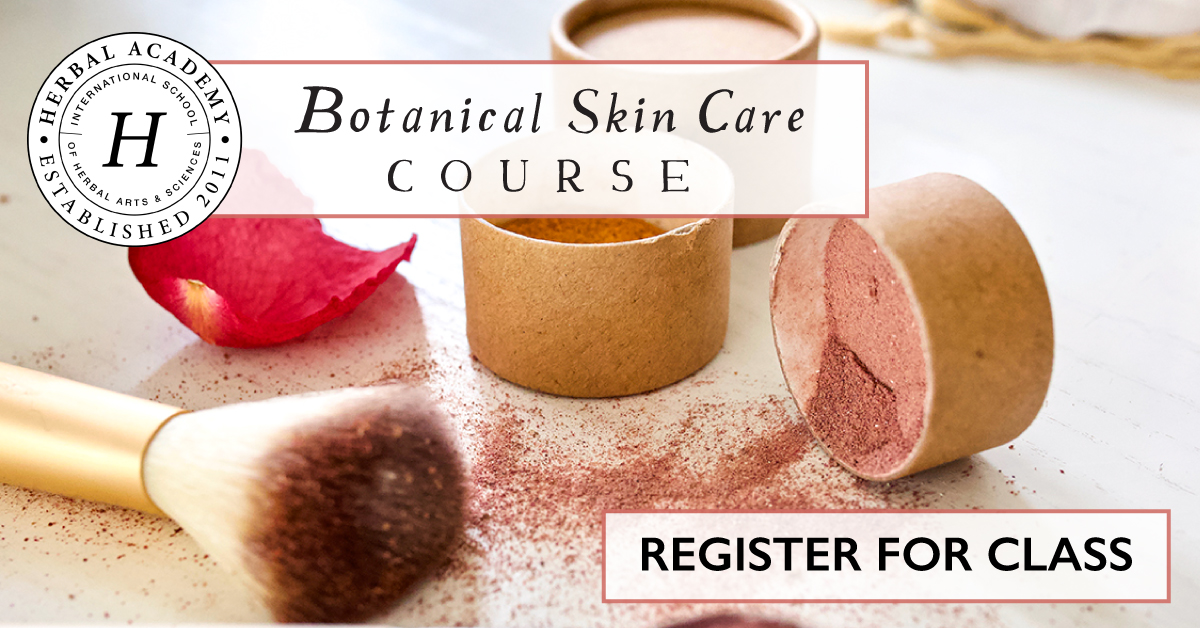
25 Comments
Leave your reply.